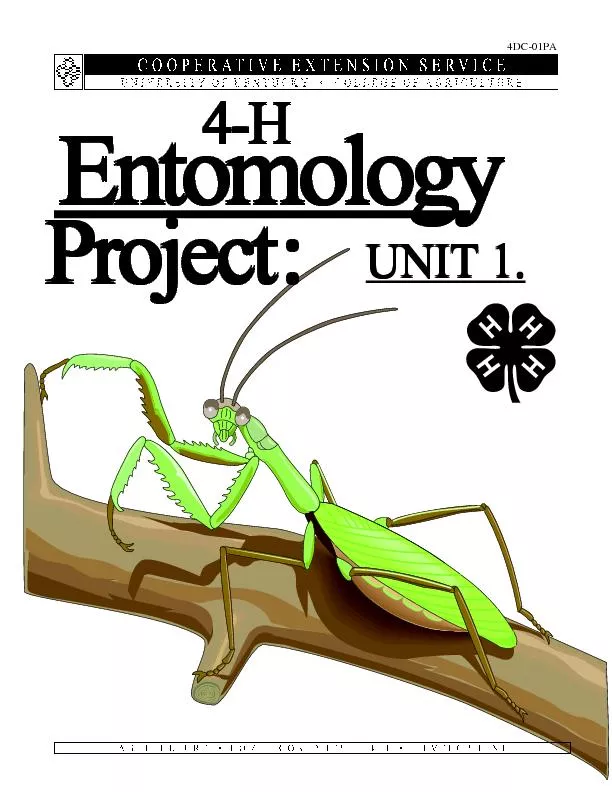PPT-Learning Unit VI How do we learn?
Author : min-jolicoeur | Published Date : 2018-03-16
Learning the process of acquiring new and relatively enduring information or behaviors By learning we are able to adapt to our environments John Locke agreed with
Presentation Embed Code
Download Presentation
Download Presentation The PPT/PDF document "Learning Unit VI How do we learn?" is the property of its rightful owner. Permission is granted to download and print the materials on this website for personal, non-commercial use only, and to display it on your personal computer provided you do not modify the materials and that you retain all copyright notices contained in the materials. By downloading content from our website, you accept the terms of this agreement.
Learning Unit VI How do we learn?: Transcript
Download Rules Of Document
"Learning Unit VI How do we learn?"The content belongs to its owner. You may download and print it for personal use, without modification, and keep all copyright notices. By downloading, you agree to these terms.
Related Documents














